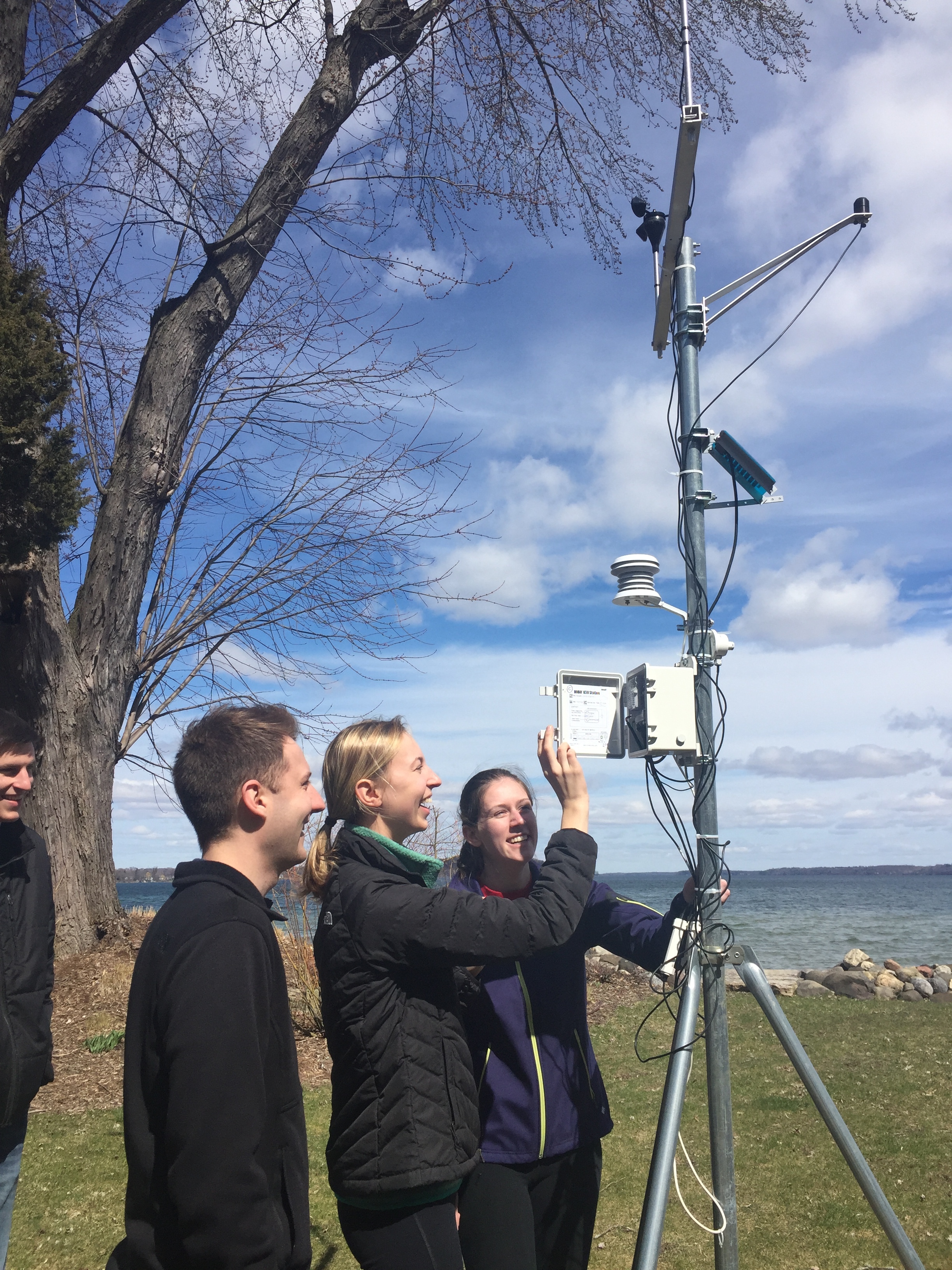Teaching Philosophy
The background of students in universities and colleges today is far more diverse than in the past. Students enter the classroom with different academic preparations, life experiences and cultural backgrounds. Meanwhile, the knowledge and skills we impart has also grown more diverse, expansive and multidisciplinary. As instructors, advisors and mentors, no longer can we prejudge student expectations or how they will learn, nor can we presuppose to know all the answers.
At the undergraduate level, in meteorology and environmental sciences, not only are we teaching core skills and tools for future professionals, but we are also teaching students how to think, analyze and critically question assumptions, which are skills needed for all professional fields. I apply inquiry-based learning, for example in my field-based meteorological measurements course, where concepts are taught using the methods of scientific discovery, observation and testing, a key tool for teaching critical thinking skills. I enjoy using our own research data as learning tools. Finally, in every class, I stress writing and communication skills in all classes.
We are also educating community stakeholders and citizens who will be making decisions about the future of the earth system at local to global scales and who have a general curiosity of the environment around them. Lectures and assignments that connect core concepts to community issues, environmental appreciation and everyday decision-making serve these purposes well, such as I do in my writing-intensive undergraduate Global Change course..
At the graduate level, we are training future colleagues and professionals, who will need research and decision-making tools to further their own careers. In addition to teaching core fundamental concepts of the discipline, in my graduate core classes, I allow students to have input into the syllabus and have students present material related to their own research. Future scientists also need insight on how to conduct their own research and the limitations of our current understanding. One way to do this is by studying concepts through published journal articles, following the historical process of the development of an idea. This also teaches graduate students skills needed to read and understand scientific literature. Professional development based assignments, such as proposal writing, literature searches, poster creation and short presentations are also useful at the graduate level.
Join the lab
My advising philosophy
A key role of faculty is to advise and mentor students and a key tool for this is having the ability to listen. Weekly seminar-format group meetings and regular individual meetings with advisees help ensure opportunities are provided to do so.
New research scholars start by building on existing research and with time establish independent research. In our lab, I lay out clear goals in the beginning, starting students on small sub-projects and slowly ramp up responsibilities as students accomplish more. Over time, students can be expected to develop more of their own ideas, write their own fellowship/thesis proposals or present at conferences, publish first-author papers, and collaborate with other colleagues.
It is also my goal to continually work on developing my own lab management and conflict-resolution skills though external workshops and mentoring.











